Timeline of the Papal Apology to Residential School Survivors
On April 1, 2022, I held my breath as I am sure thousands of other Indigenous Peoples did while listening to Pope Francis publicly address the...
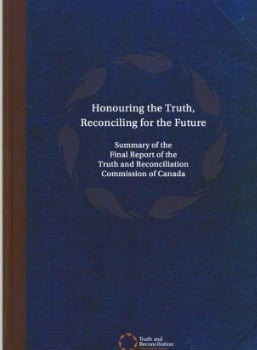
On Wednesday June 11, 2008, the Prime Minister of Canada, the Right Honourable Stephen Harper, made a Statement of Apology to former students of Indian Residential Schools, on behalf of the Government of Canada.
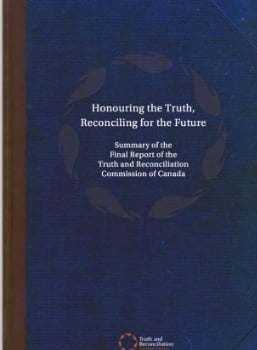
It has been over seven years since the Apology and Canada is currently only weeks away from a federal election. What is the connection between the Apology, the Truth and Reconciliation Commission? The Apology laid the groundwork for a Truth and Reconciliation Commission which came out with a report in June 2015 that includes 94 Calls-to-Action.
Indigenous Corporate Training Inc. offers on-site and open-to-the-public Indigenous awareness training.
Below is the full Apology and below that is a video of the Prime Minister reading it.
"Prime Minister Harper offers full apology on behalf of Canadians for the Indian Residential Schools system [1]
11 June 2008
Ottawa, Ontario
Statement of Apology
The treatment of children in Indian Residential Schools is a sad chapter in our history.
For more than a century, Indian Residential Schools separated over 150,000 Aboriginal children from their families and communities. In the 1870's, the federal government, partly in order to meet its obligation to educate Aboriginal children, began to play a role in the development and administration of these schools. Two primary objectives of the Residential Schools system were to remove and isolate children from the influence of their homes, families, traditions and cultures, and to assimilate them into the dominant culture. These objectives were based on the assumption Aboriginal cultures and spiritual beliefs were inferior and unequal. Indeed, some sought, as it was infamously said, "to kill the Indian in the child". Today, we recognize that this policy of assimilation was wrong, has caused great harm, and has no place in our country.
One hundred and thirty-two federally-supported schools were located in every province and territory, except Newfoundland, New Brunswick and Prince Edward Island. Most schools were operated as "joint ventures" with Anglican, Catholic, Presbyterian or United Churches. The Government of Canada built an educational system in which very young children were often forcibly removed from their homes, often taken far from their communities. Many were inadequately fed, clothed and housed. All were deprived of the care and nurturing of their parents, grandparents and communities. First Nations, Inuit and Métis languages and cultural practices were prohibited in these schools. Tragically, some of these children died while attending residential schools and others never returned home.
The government now recognizes that the consequences of the Indian Residential Schools policy were profoundly negative and that this policy has had a lasting and damaging impact on Aboriginal culture, heritage and language. While some former students have spoken positively about their experiences at residential schools, these stories are far overshadowed by tragic accounts of the emotional, physical and sexual abuse and neglect of helpless children, and their separation from powerless families and communities.
The legacy of Indian Residential Schools has contributed to social problems that continue to exist in many communities today.
It has taken extraordinary courage for the thousands of survivors that have come forward to speak publicly about the abuse they suffered. It is a testament to their resilience as individuals and to the strength of their cultures. Regrettably, many former students are not with us today and died never having received a full apology from the Government of Canada.
The government recognizes that the absence of an apology has been an impediment to healing and reconciliation. Therefore, on behalf of the Government of Canada and all Canadians, I stand before you, in this Chamber so central to our life as a country, to apologize to Aboriginal peoples for Canada's role in the Indian Residential Schools system.
To the approximately 80,000 living former students, and all family members and communities, the Government of Canada now recognizes that it was wrong to forcibly remove children from their homes and we apologize for having done this. We now recognize that it was wrong to separate children from rich and vibrant cultures and traditions that it created a void in many lives and communities, and we apologize for having done this. We now recognize that, in separating children from their families, we undermined the ability of many to adequately parent their own children and sowed the seeds for generations to follow, and we apologize for having done this. We now recognize that, far too often, these institutions gave rise to abuse or neglect and were inadequately controlled, and we apologize for failing to protect you. Not only did you suffer these abuses as children, but as you became parents, you were powerless to protect your own children from suffering the same experience, and for this we are sorry.
The burden of this experience has been on your shoulders for far too long. The burden is properly ours as a Government, and as a country. There is no place in Canada for the attitudes that inspired the Indian Residential Schools system to ever prevail again. You have been working on recovering from this experience for a long time and in a very real sense, we are now joining you on this journey. The Government of Canada sincerely apologizes and asks the forgiveness of the Aboriginal peoples of this country for failing them so profoundly.
Nous le regrettons
We are sorry
Nimitataynan
Niminchinowesamin
Mamiattugut
In moving towards healing, reconciliation and resolution of the sad legacy of Indian Residential Schools, implementation of the Indian Residential Schools Settlement Agreement began on September 19, 2007. Years of work by survivors, communities, and Aboriginal organizations culminated in an agreement that gives us a new beginning and an opportunity to move forward together in partnership.
A cornerstone of the Settlement Agreement is the Indian Residential Schools Truth and Reconciliation Commission. This Commission presents a unique opportunity to educate all Canadians on the Indian Residential Schools system. It will be a positive step in forging a new relationship between Aboriginal peoples and other Canadians, a relationship based on the knowledge of our shared history, a respect for each other and a desire to move forward together with a renewed understanding that strong families, strong communities and vibrant cultures and traditions will contribute to a stronger Canada for all of us.
On behalf of the Government of Canada
The Right Honourable Stephen Harper,
Prime Minister of Canada"
[1] Indigenous and Northern Affairs Canada website
If you are interested in watching the residential schools' apology being read out by Prime Minister Harper, here's the link to the video
Subscribe to our monthly Indigenous Relations Bulletin.
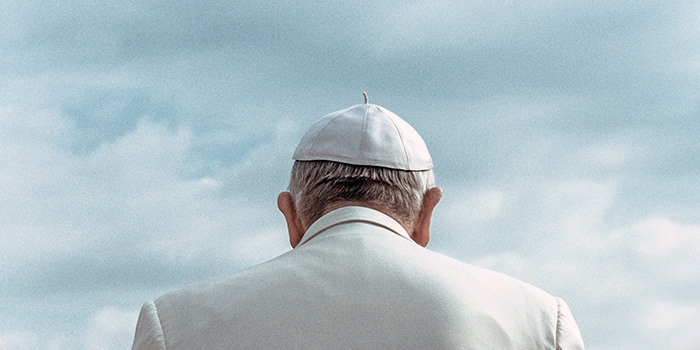
On April 1, 2022, I held my breath as I am sure thousands of other Indigenous Peoples did while listening to Pope Francis publicly address the...
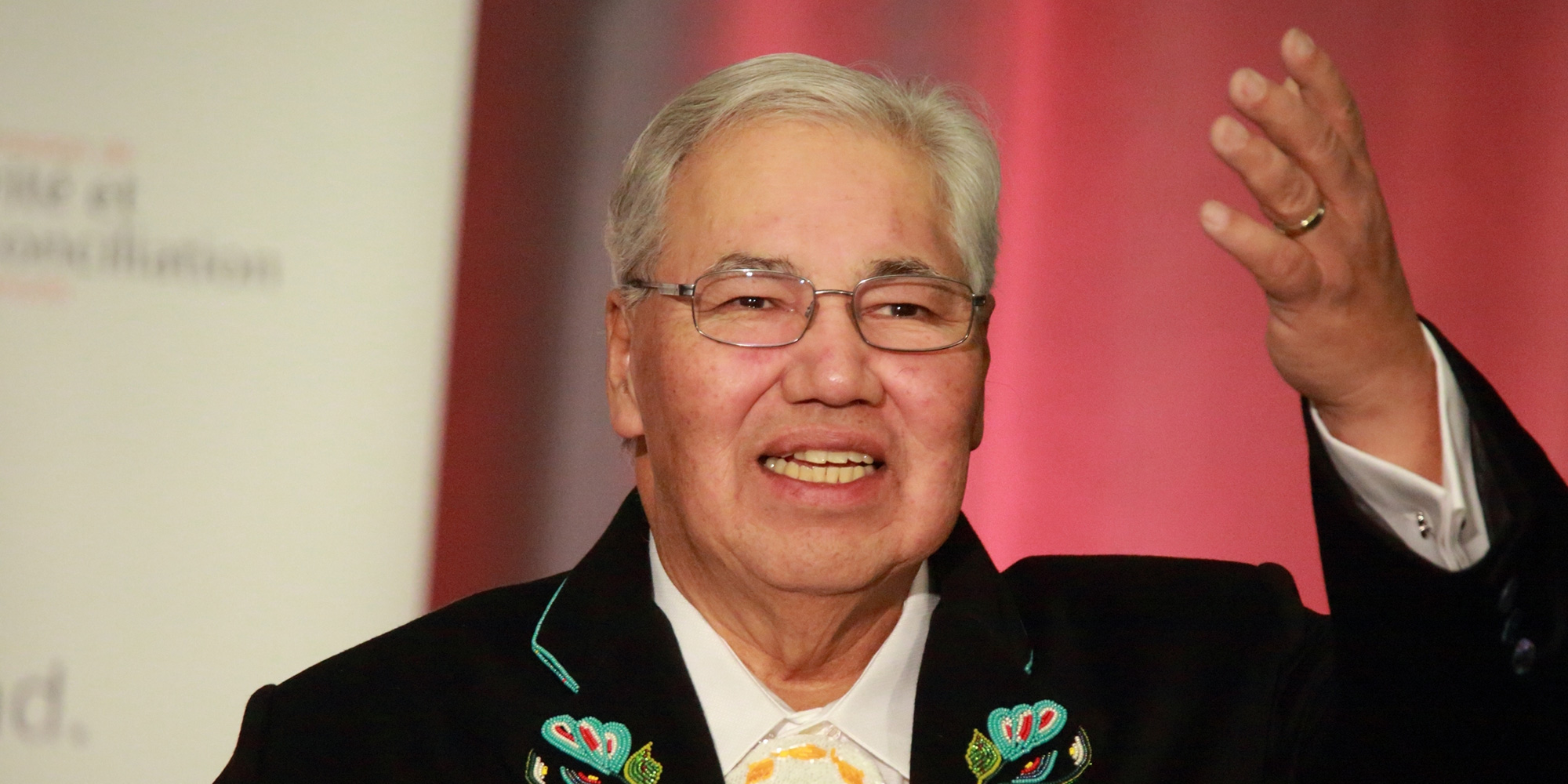
For many survivors of residential schools and their families, the Papal apology was all they hoped to hear, for others, it did not go far enough....
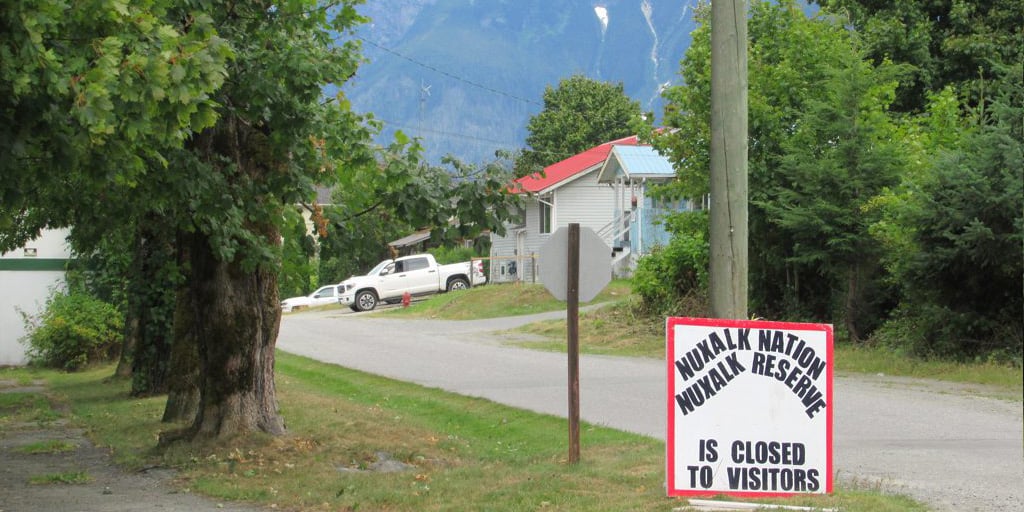
Did you know that adequate housing was recognized in the 1948 Universal Declaration of Human Rights? Did you know almost one in six Indigenous people...